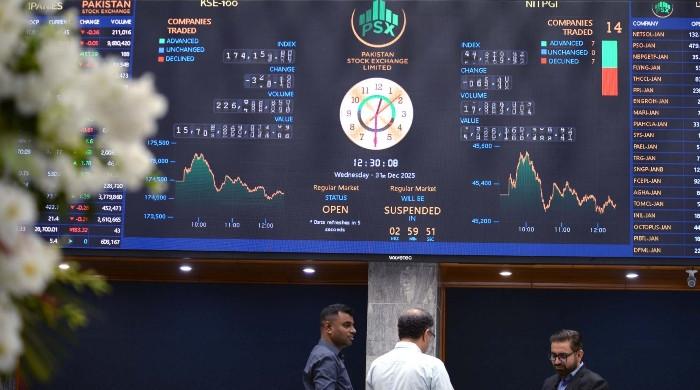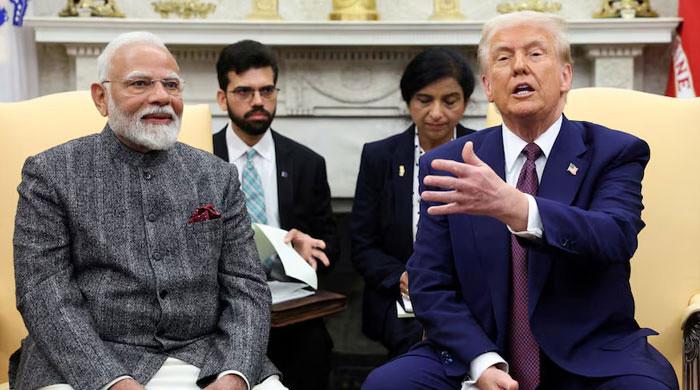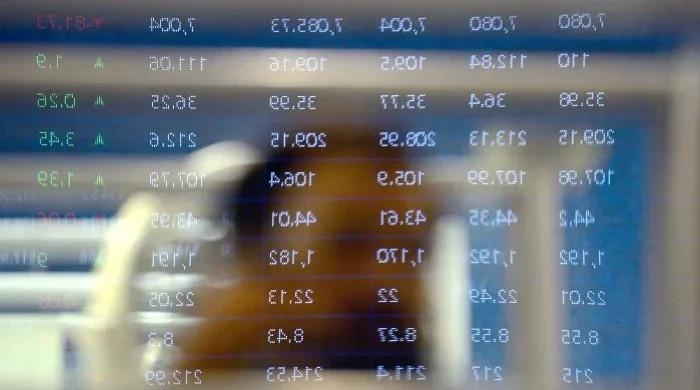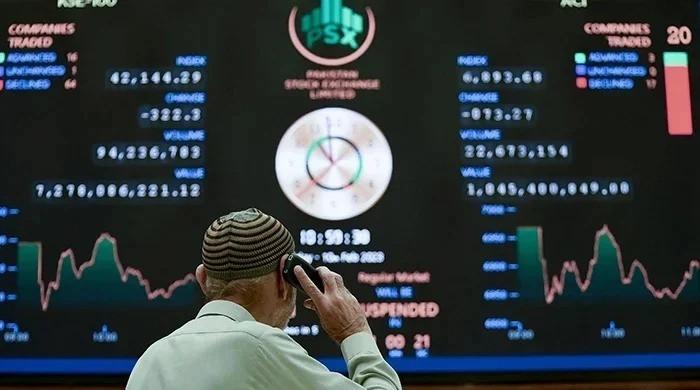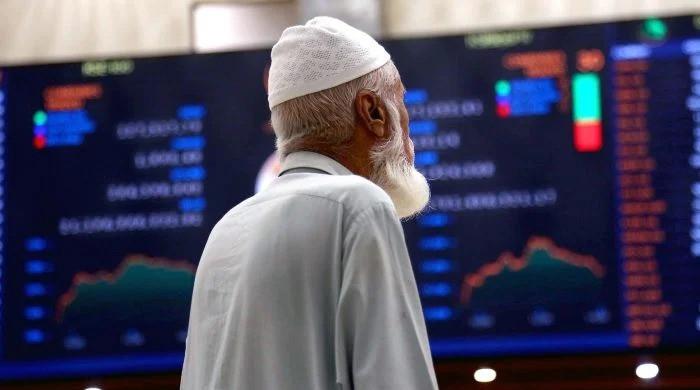Federal Reserve 'to likely hike interest rates to bring down inflation'
End to current monetary policy tightening cycle is getting close, says central bank officials
July 10, 2023
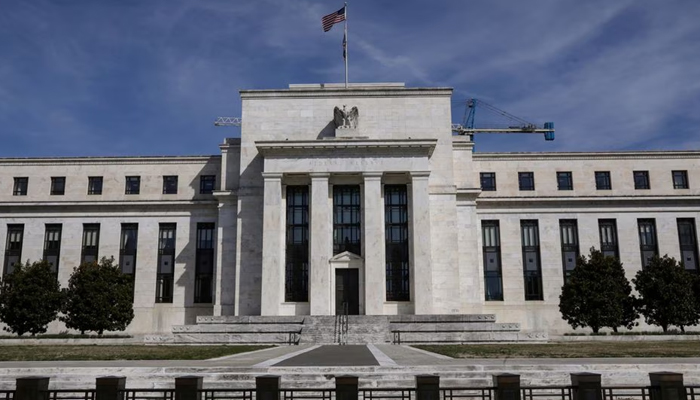
US central bank officials said on Monday that the Federal Reserve will likely need to raise interest rates further to tame runaway and added that the end to its current monetary policy tightening cycle is getting close.
Since March 2022, the interest rates had been increased by 5 percentage points to control highest US inflation in four decades.
Last month, the policy makers forego interest rate increase to take stock of developing effects of the previous increases in borrowing costs.
"We're likely to need a couple more rate hikes over the course of this year to really bring inflation" sustainably back to the US central bank's 2% goal, San Francisco Fed President Mary Daly said during an event at the Brookings Institution, giving voice to the most common view among her rate-setting peers at the Fed.
She said while the risks of doing too little are still greater than those of overdoing it on rate hikes, the two sides are getting into better balance as the Fed nears "the last part" of its hiking cycle.
"We may end up doing less because we need to do less; we may end up doing just that; we could end up doing more. The data will tell us."
Fed policymakers are widely expected to deliver a rate hike at their meeting later this month, a move that would bring the policy rate to the 5.25%-5.50% range.
What's less clear is whether they will raise rates again at the September meeting, wait until November, or just stay on hold and let inflation ease over time.
Fed Chair Jerome Powell has said he cannot rule out consecutive rate hikes to deal with stubbornly high inflation, which by the central bank's preferred gauge, the personal consumption expenditures index, has fallen from a peak of 7% last year to 3.8% in May, still nearly twice the Fed's target.
"We still have a bit of work to do," Fed Vice Chair for Supervision Michael Barr said on Monday at a separate event. "I'll just say for myself, I think we're close."
— With additional input from Reuters




